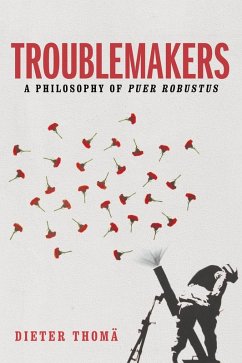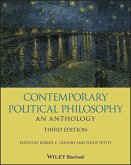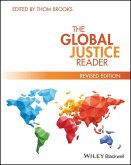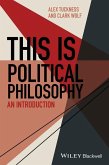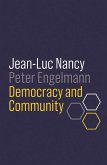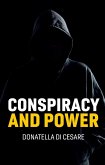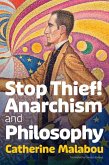Dieser Download kann aus rechtlichen Gründen nur mit Rechnungsadresse in A, B, BG, CY, CZ, D, DK, EW, E, FIN, F, GR, HR, H, IRL, I, LT, L, LR, M, NL, PL, P, R, S, SLO, SK ausgeliefert werden.
Joachim Whaley, University of Cambridge
"For some years now, Dieter Thomä has been writing extraordinarily original, elegantly conceived and executed books about topics as varied as parents, fathers, and Americans - in effect, he has been re-defining the proper topics of philosophical reflection. His new book on the puer robustus, a notion introduced by Hobbes about the 'troublemakers' in society, is a masterpiece of this genre, the literate philosophical essay. The scholarship is astonishing, ranging over Hobbes, Rousseau, Diderot, Schiller, Hugo, Marx, Freud, and others, the insights acute and important, and the pleasure of reading it constant."
Robert Pippin, University of Chicago
"With an admirable combination of historical serendipity, hermeneutical sensitivity, and philosophical farsightedness, Dieter Thomä manages in this fascinating book to reanimate a political figure always present in the imaginary of democratic societies but never fully disclosed or theorized: the puer robustus, the troublemaker, who since the times of Hobbes has again and again haunted the fantasy of political philosophers as someone either undermining or rejuvenating the democratic order of modern societies. It is the path-breaking thesis of this masterful study that, without revealing the exact role of these troublemakers, we are not capable of understanding both the risks and the potentials for renewal, the dangers and the vitality of democratic regimes. A must read for everyone interested in political theory and philosophy."
Axel Honneth, University of Frankfurt "As the philosopher Dieter Thomä shows in this brilliant study, the puer robustus is a central element of societies marked by division and uncertainty. His book could not be more timely."
NZZ am Sonntag
"Dieter Thomä tells a captivating adventure story of the troublemakers who have disrupted social order."
Frankfurter Allgemeine Zeitung
"Endlessly lively... tremendous entertainment"
Catholic Herald

